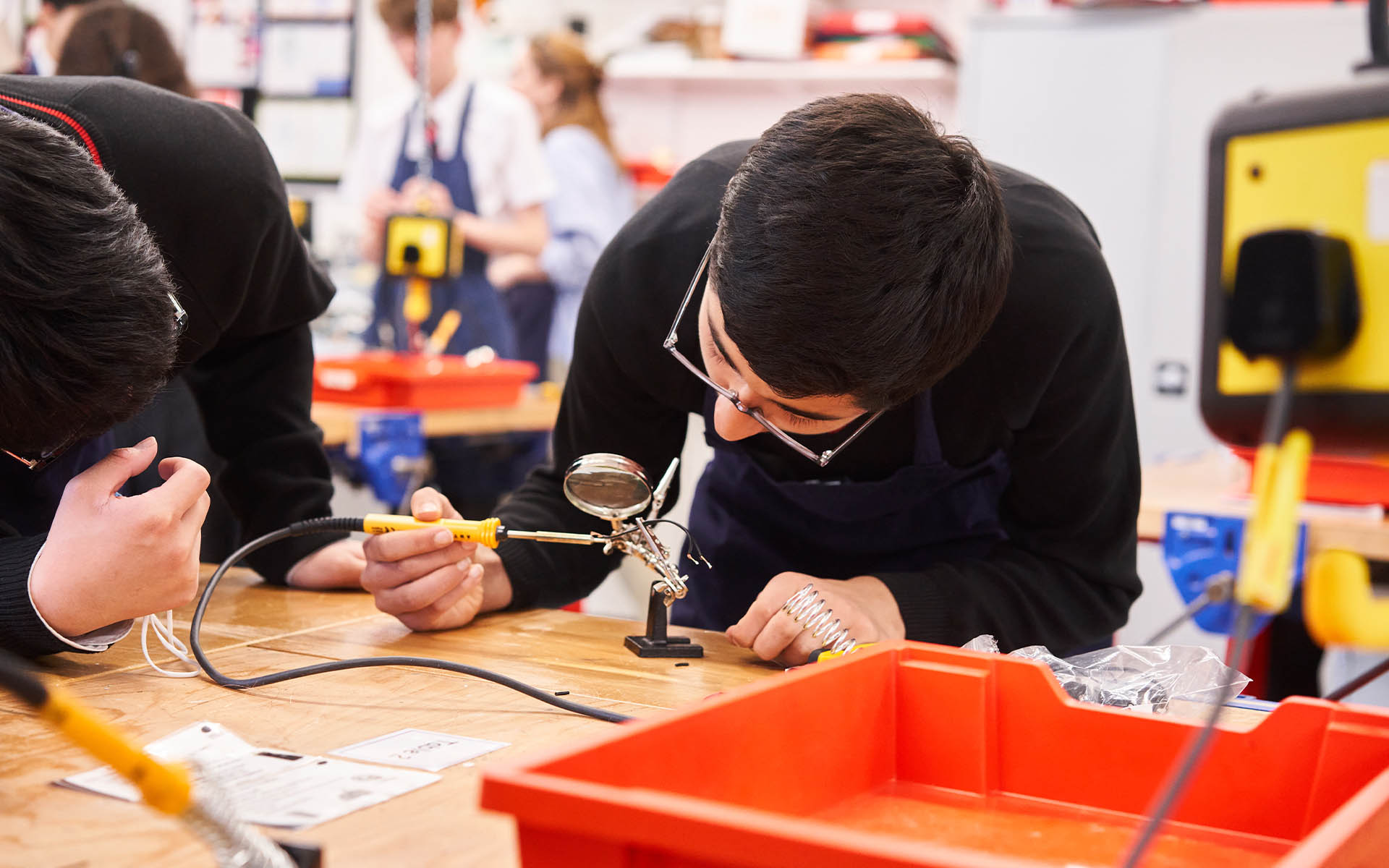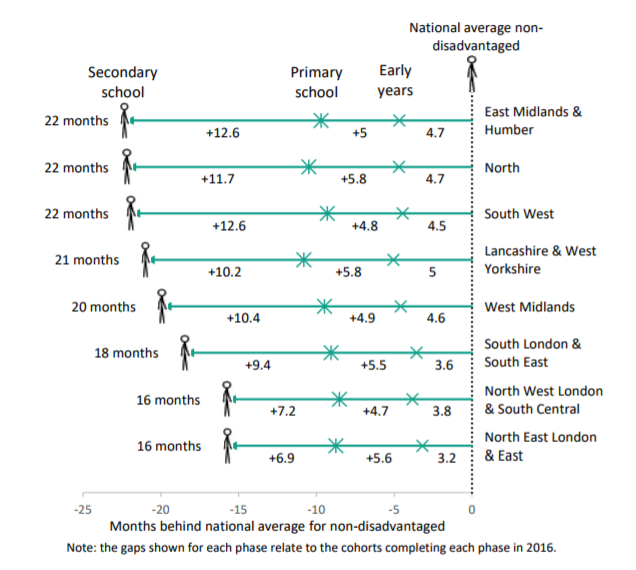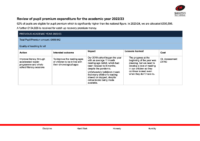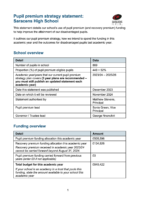Pupil Premium
The government provides additional funding to schools to help close the gaps in attainment between pupils who are entitled to free school meals (FSM) or have been at some point in the last six years (FSM6).
This is called Pupil Premium (PP) funding. Children who are looked after (CLA) are also entitled to Pupil Premium funds. Historically, year on year these pupils have performed less well than other pupils (Andrews, et al., 2017).
The educational impact of the pandemic on pupils eligible for the pupil premium grant was recognised by Kevan Collins, the Education Recovery Commissioner, as being greater than for pupils who are not eligible for the grant. The pandemic caused the gap to widen still further. The government has supported schools with a further grant to focus on ‘catch-up’.
Schools are free to decide the best use of the money, as we are judged to be in the best place to assess what additional provision could, and should, be made for each pupil. This is monitored rigorously by the school’s leadership and governance, and externally by the local authority and OFSTED.
We are committed to the government’s drive to narrow and then close the gap between these groups of pupils by removing barriers to learning and supporting their families. The barriers faced by our pupils include lack of opportunity for taking part in certain activities that involve charges to families, weaker attainment through the lack of equipment or lack of opportunity. We aim to raise the attainment of all pupils, regardless of background or prior attainment, to enable them to progress to the university, apprenticeship, or training of their choice.
The accounting of this additional funding is divided into targeted and disaggregated spending. Targeted spending is a personalised approach used to fund specific resources or strategies to allow or promote engagement, learning, and well-being of individual pupils. Disaggregated spending is where the cost of a resource provided for pupil premium and non-pupil premium children is split between the two categories on a pro rata basis. Members of staff can also apply for pupil premium money to support pupils in their subjects, and through the application, must identify who will benefit from the money and how the impact will be measured.
Sixty-five per cent of pupils are eligible for pupil premium which is significantly higher than the national figure. Saracens High School recognises that each individual pupil has different needs, concerns and aspirations and we aim to ensure the best outcomes for everyone, regardless of their background and disadvantages. For some pupils, this may be supporting their progress in reading, while for others it may be providing support for equipment or uniform, or covering the cost of educational visits.
We have a strong belief that quality first teaching is the priority to support pupils to improve their skills. Emphasis is placed on improving and investing in teaching and learning to ensure pupils get taught by a quality teacher rather than be withdrawn for intervention/ catch up. Our aim is to ensure that provision is in place to help all pupils to achieve their potential by further increasing the focus on the progress and attainment of pupil premium children.
